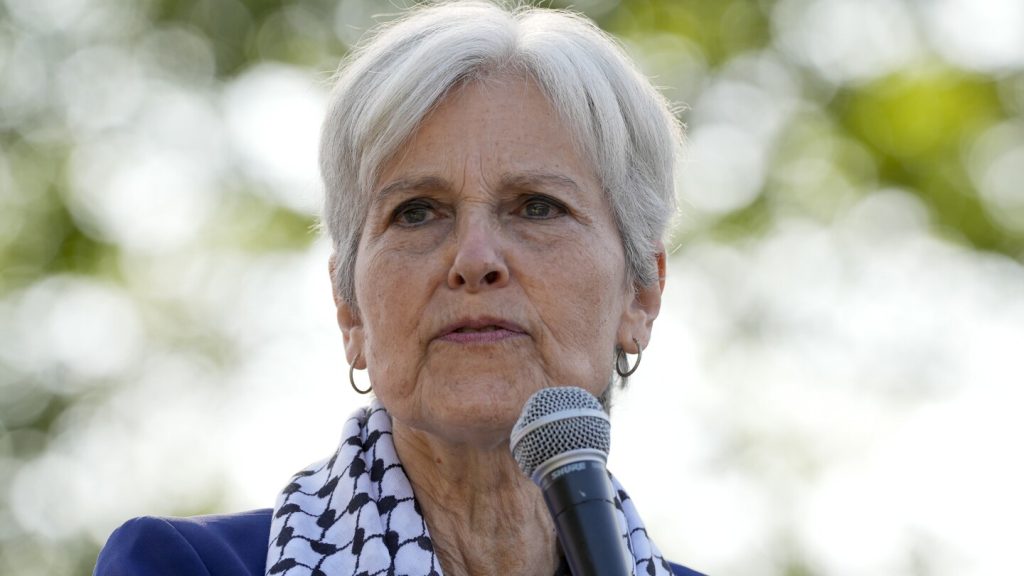The Wisconsin Supreme Court has decided not to hear a Democratic challenge seeking to remove Green Party presidential candidate Jill Stein from the ballot in the crucial swing state. Democrats are concerned that third-party candidates like Stein could draw votes away from Vice President Kamala Harris and potentially help Republican Donald Trump win Wisconsin. The presence of independent and third-party candidates on the ballot could play a significant role in a state where the last several presidential elections have been decided by narrow margins.
The challenge against Stein was brought by David Strange, an employee of the Democratic National Committee, who argued that the Green Party did not have the necessary state officeholders or legislative candidates to nominate presidential electors in Wisconsin. However, the court dismissed the challenge, ruling that the petitioner was not entitled to the relief he sought. The Green Party and Republicans countered that the party had met all legal requirements for ballot access and supported Stein’s presence on the ballot.
Stein and the Wisconsin Green Party praised the court’s decision, with Stein calling it a victory for justice and the Green Party’s ability to stand up to the DNC’s attack. Michael White, co-chair of the Wisconsin Green Party, described the complaint as a “mark of fear” by the Democratic Party and expressed confidence in their legal position. However, the Democratic National Committee spokesperson Adrienne Watson expressed disappointment in the decision, arguing that the Green Party should not be on the ballot.
Stein previously appeared on the Wisconsin ballot in 2016, where she won over 31,000 votes, more than Trump’s winning margin of just under 23,000 votes. Some Democrats have blamed Stein for helping Trump win the state and the presidency that year. The challenge against Stein’s ballot access stemmed from a decision by the Wisconsin Elections Commission to grant the Green Party access based on a candidate from the party receiving more than 1% of the vote in a statewide race in 2022. The commission is set to meet to certify which candidates can appear on the ballot, with Democrats also challenging the placement of independent candidate Cornel West.
The Wisconsin Supreme Court’s decision not to hear the challenge against Jill Stein’s ballot access comes as part of broader legal battles over independent and third-party candidates in the state. In 2020, the court kept Green Party candidate Howie Hawkins off the ballot after the elections commission deadlocked on whether he had filed proper nominating signatures. Republicans are also challenging the candidacy of independent Shiva Ayyadurai in this election cycle, highlighting the ongoing debate over ballot access and the potential impact of third-party candidates on the outcome of the election in Wisconsin.


